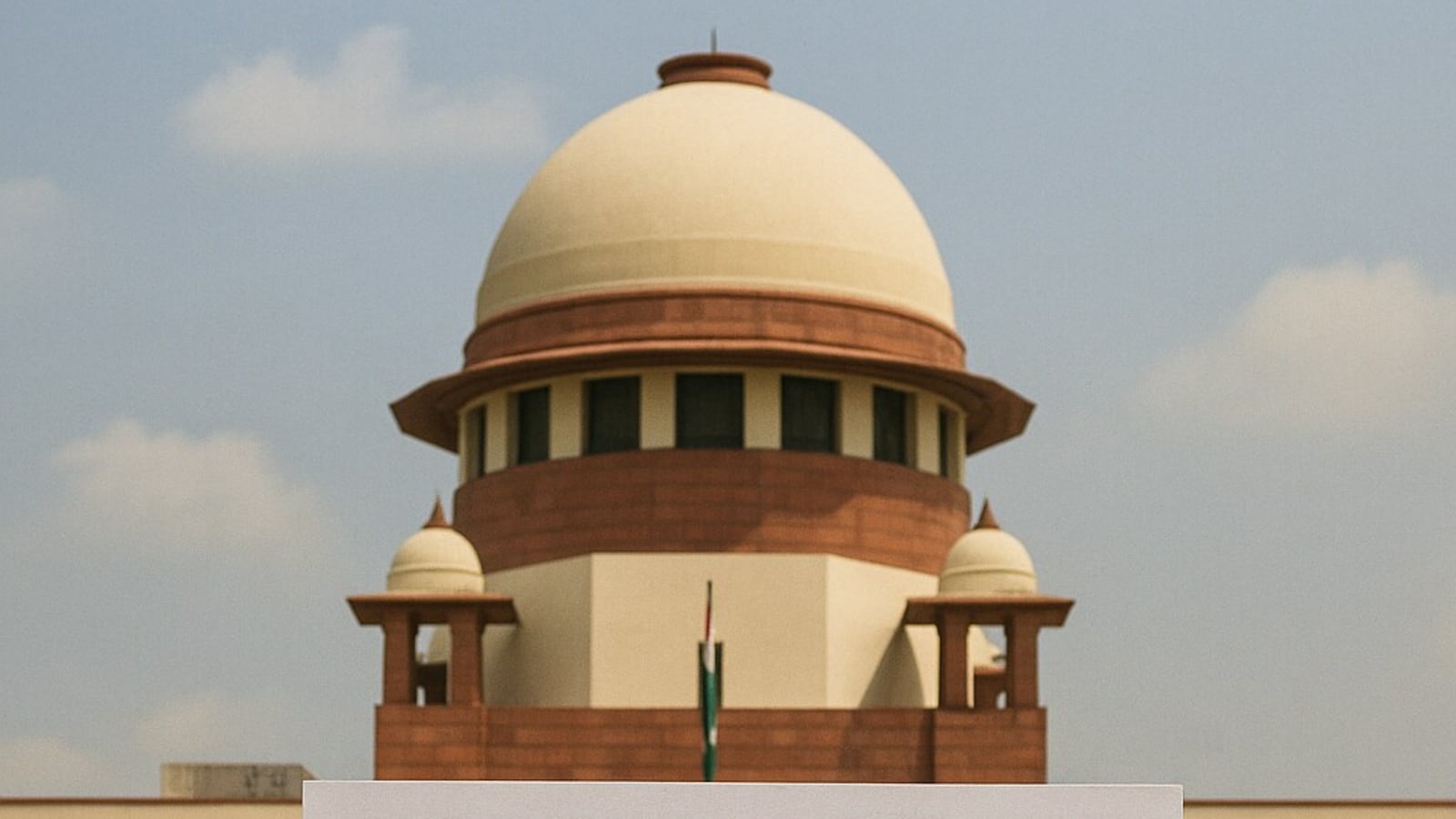The Court issued notices to the Centre and the Kerala government on his plea and asked them to file their responses. The bench ordered the plea to be tagged with similar pending cases on the issue.
Earlier in April last year, the bench had agreed to consider a plea of Safiya P M, a resident of Alappuzha and general secretary of ‘Ex-Muslims of Kerala’, that she is a non-believer Muslim woman and wanted to deal with her ancestral properties under the succession laws instead of Shariat.
Another similar plea filed in 2016 by ‘Quran Sunnat Society’ is also pending in the top court which will now hear the three petitions together.
What are Succession Laws in India?
In India, ancestral property is defined under the Hindu Succession Act, 1956 – a law that applies to Hindus, Sikhs, Jains, and Buddhists. The ancestral property refers to any property that is inherited from four generations of male ancestors, according to this law.
The term ancestral property is specific to Hindu law and may not apply to other religions or legal systems. In addition, the definition and legal implications of ancestral property may vary depending on the jurisdiction and the specific laws governing inheritance in that region.
What is Shariat?
Sharia law or Shariat is a system of Islamic religious law that guides Muslims on various aspects of life, including family matters, business and inheritance. It’s derived from the Quran, the Sunnah (Prophet Muhammad’s teachings and practices), and the interpretations of Islamic scholars.
Under Muslim law or Shariat, the property owned by an individual is his absolute property and no right of any legal heirs accrues until his death.
The Shariat governs the distribution of a deceased Muslim’s property among heirs based on religious principles.It prioritises blood relatives and specifies predetermined shares for certain heirs, with the remaining property going to descendants or other relatives.
Supreme Court, Muslim succession law, Shariat, secular law, inheritance, India, sc, Ismalic shariat, what is shariat, shariat in islam, shariat in quran, Succession Laws in India, Muslim LAW, quran and sunnah
#Muslims #governed #Indian #succession #laws #Shariat #agrees #examine
